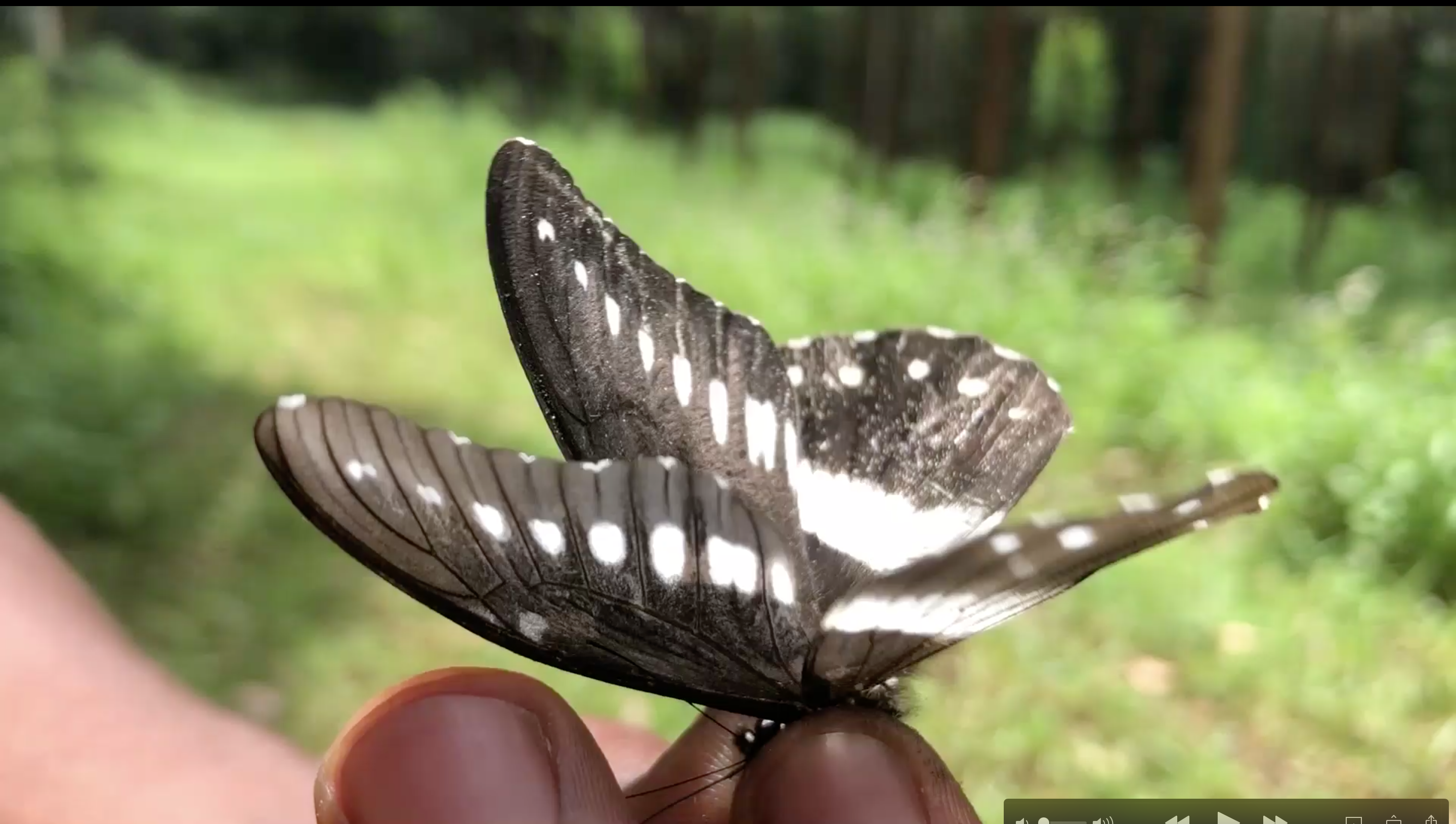As a child, I whiled away countless hours chasing butterflies in my grandfather’s garden, captivated by their vibrant hues and delicate wings—a mesmerizing experience that felt like no other. However, these fascinating creatures are disappearing, posing a recent threat to people’s diets.
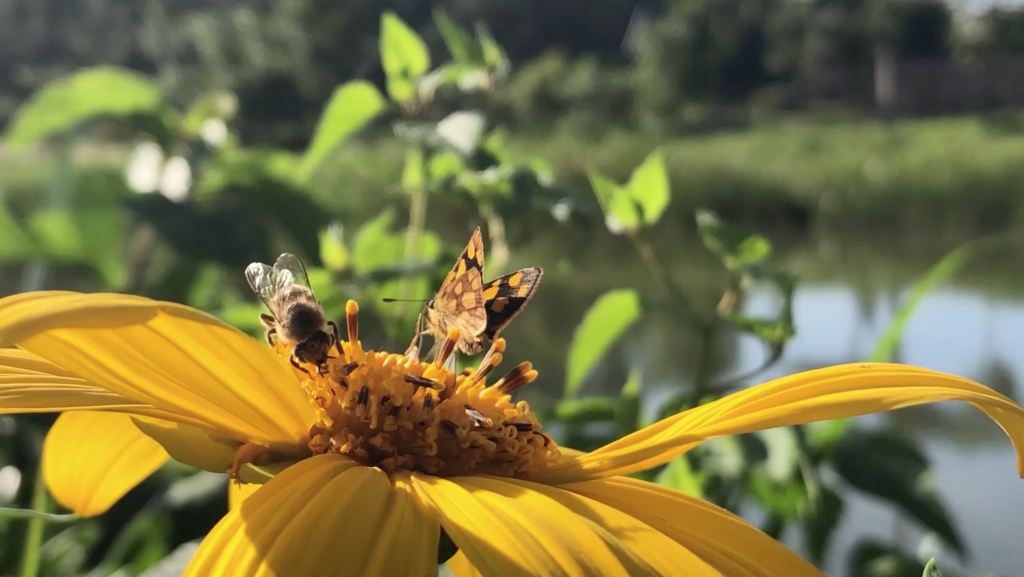
Pollination is the vital process through which pollen is transported from the stamen, the male reproductive organ of a flower, to the pistil, the female reproductive part. This intricate exchange facilitates the production of seeds, essential for the plant’s reproduction and continuity.
Insect pollination is one of the imperative ecosystem services for more than 80% of known flowering plant species, many of which are part of our human diet. However, their importance in Africa and an agriculture-dependent country like Rwanda has yet to receive attention. These pollinating insects like butterflies, wild bees (carpenter bees, stingless bees), managed bees (Honey bees), wasps, and flies differentially improve crop quality and the availability of viable superior seeds.
Rwanda is an agricultural-based country, and the presence of these crops like passion fruits, macadamias, mangoes, avocadoes, tomatoes, beans, eggplants, soybeans, coffee and groundnuts benefits from insect pollinators. These crops play a crucial role in ensuring food security, promoting good health, bolstering nutrition, and fostering economic prosperity within the country.
As of research conducted by Springer Nature, export revenues of up to US $465.4M (2018/2019) were generated by the sector, with marked contributions from coffee (US $69M; insect-pollinated) and tea (US $88M; wind-pollinated). In Huye District, household farmers stand to lose up to 11% of their farm income and 20% of their share of marketed production in the event of the complete absence of insect pollinators.
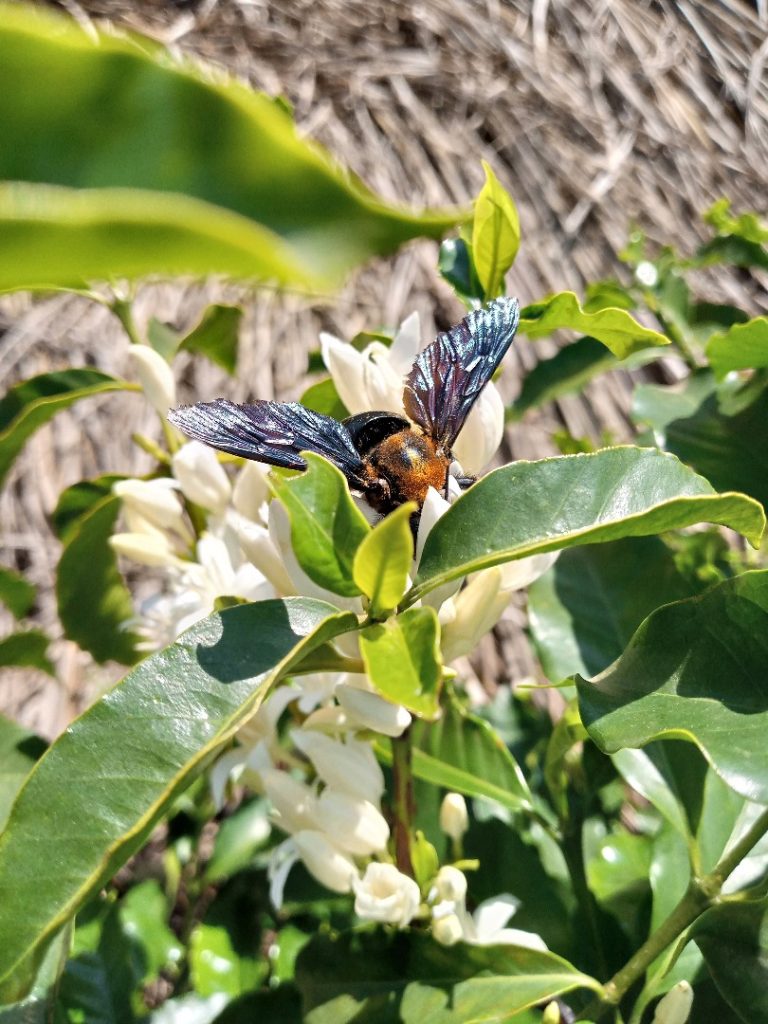
Food production constraints and economic losses due to declines in suitable insect pollinators could increase our dependence on already extensively consumed carbohydrate-dense staples (cereals, tubers, pulses), many of which are wind-pollinated.
Insufficient consumption of a diverse number of nutrient-rich foods increases our vulnerability to non-communicable diseases like Hepatitis A, B, C and others like measles. Annual global deaths of up to 691,000 due to inadequate intake of insect-pollinator-dependent fruits, vegetables and nuts, which provide essential vitamins and oils, have been postulated from modelling studies, According to Springer Nature.
Main threats to butterflies and other pollinators
A few global studies confirm that insect species, including taxa with insect pollinators like bees and butterflies, are declining faster than those increasing. Model projections further depict more than 50% loss in suitable habitats globally for up to 49% of insect species and 44% of plant species if warming levels of 3.2 °C are attained.
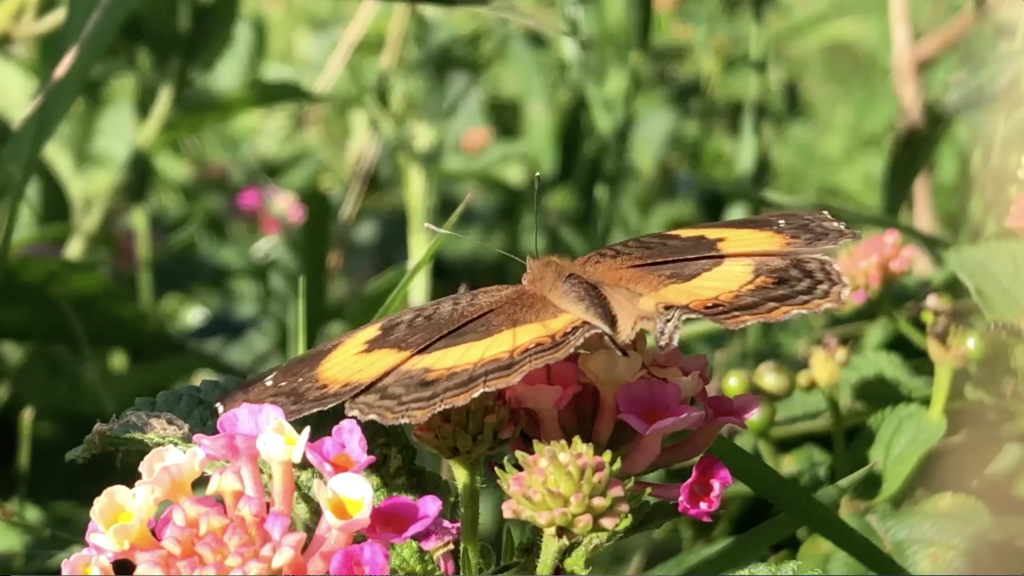
Thacien Hagenimana a specialized researcher in pollination ecology at the Center of Excellency in Biodiversity (COEB) at the University of Rwanda asserts that “repurposing the natural habitat to agricultural farming activities, inappropriate use of pesticides, introducing exotic and alien invasive plant species, and use of chemical fertilizers impact negatively our pollinating insects”.
As per Hagenimana, “certain insects are facing extinction, while others are experiencing a significant decline.”
He goes on to emphasize Climate change due to various human-induced activities as one of the core factors for pollination mismatch. Some insects die at an early stage of their development due to fluctuations in weather conditions that lead to climate change.
Hope for the future and ongoing research solutions for pollinator populations
More evidence is, however, still required to better establish the rate of species declines and extinction. This will allow scientists to fine-tune insect pollinator dependency studies and project high-risk crops.
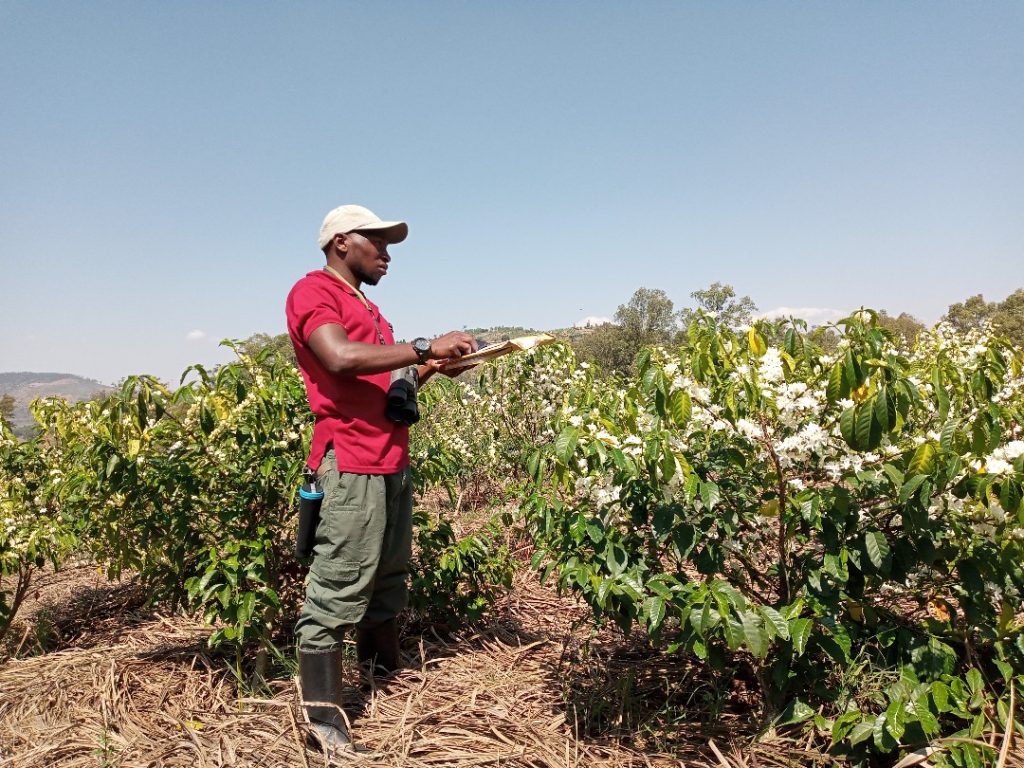
“We have started exploring the network structure between plant and their pollinating insects and also getting involved in providing butterfly diversity and generally pollinating insects through different ecosystem restoration projects and we are hopeful if we keep the momentum, more numbers of pollinators will be saved.” Says Thacien Hagenimana a specialized researcher in butterflies and pollination ecology.
He also indicates that they plan to work closely with the government of Rwanda especially the Ministry of Environment (MoE) and Rwanda Environment Management Authority (REMA) so that they can provide financial support.
What are the public and other stakeholders in pollinator sustainability expected of?
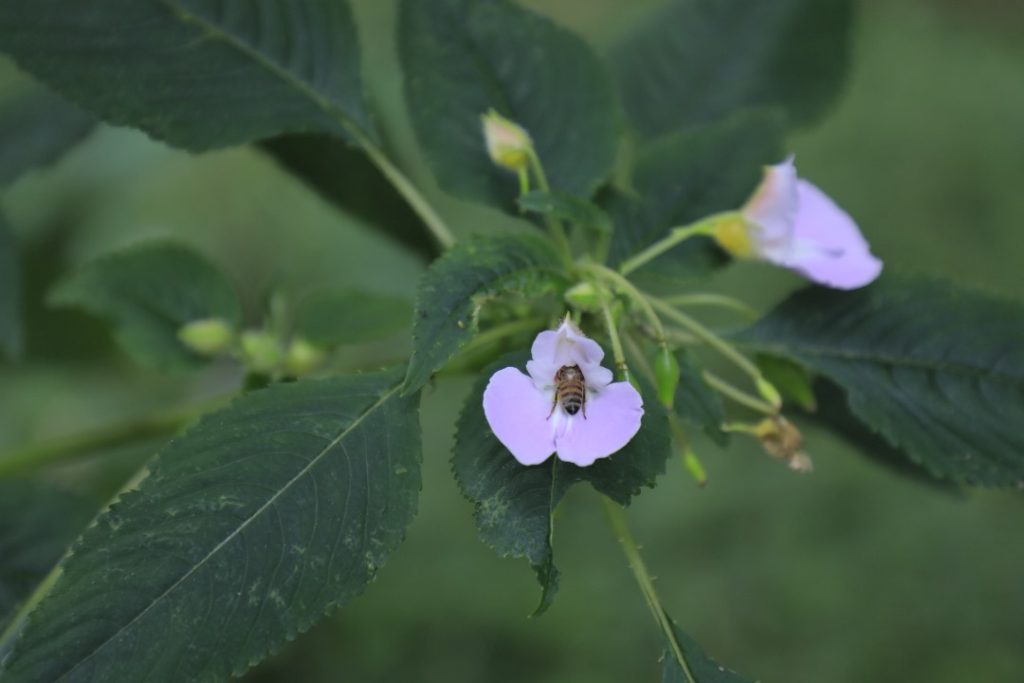
The answer lies in a collective effort – both the public and stakeholders have crucial roles to play in ensuring a sustainable future for our pollinating friends.
Thacien Hagenimana emphasizes the “necessity for increased sensitization to educate the masses about the crucial role played by pollinators in our ecosystem”. This education should commence from lower primary levels and extend into local communities. By doing so, Hagenimana believes we can achieve a pollinator-sustainable environment capable of providing all our essential needs.
This comes to emphasize the ministerial declaration that was adopted during the sixth session of the UN Environment Assembly (UNEA-6) that was held from 26 February to 1 March 2024 at the UN Environment Programme (UNEP) headquarters in Nairobi, Kenya, that advances the collective resolve to tackle the triple planetary crisis of climate change, biodiversity loss and pollution and waste.


